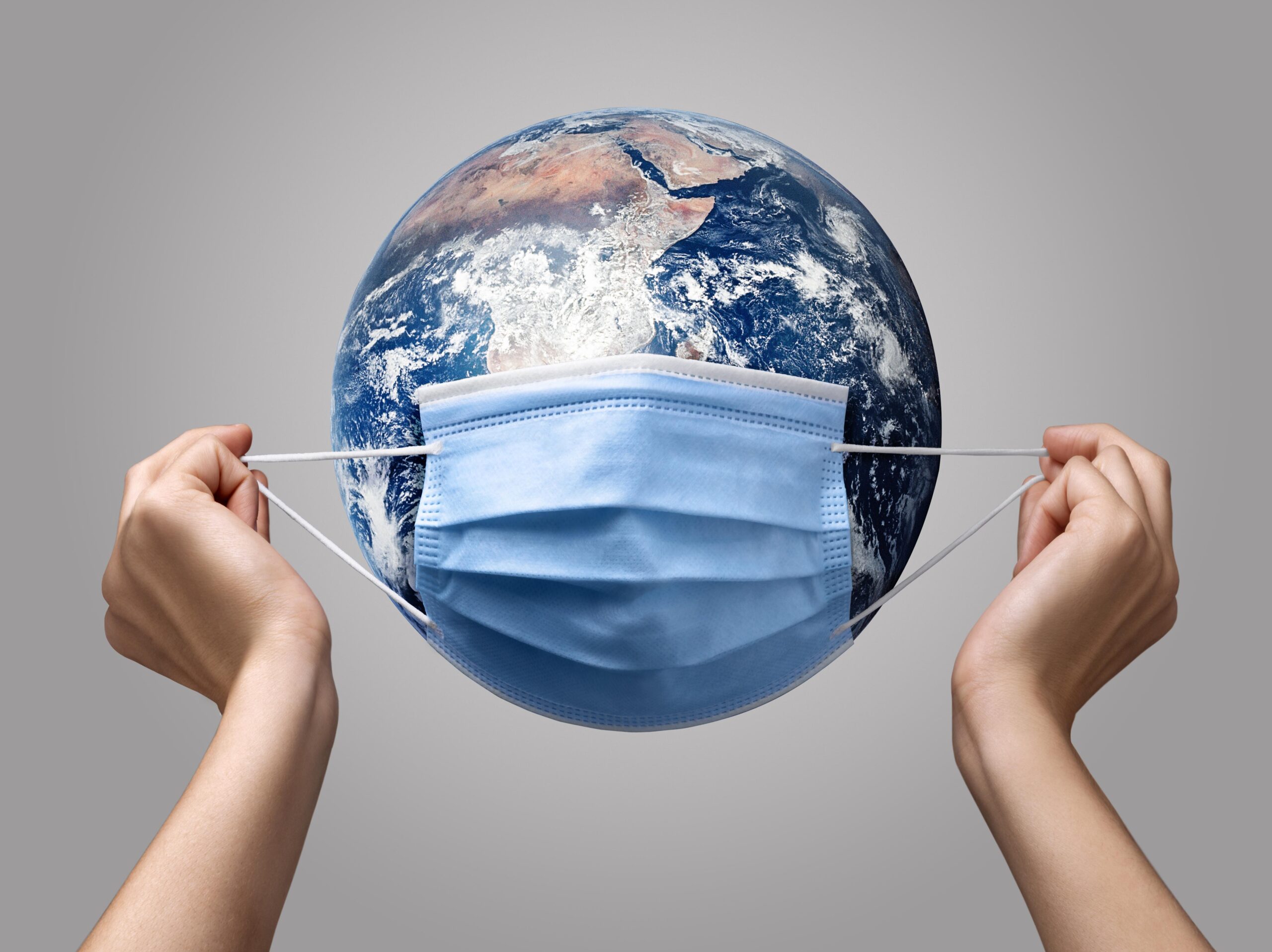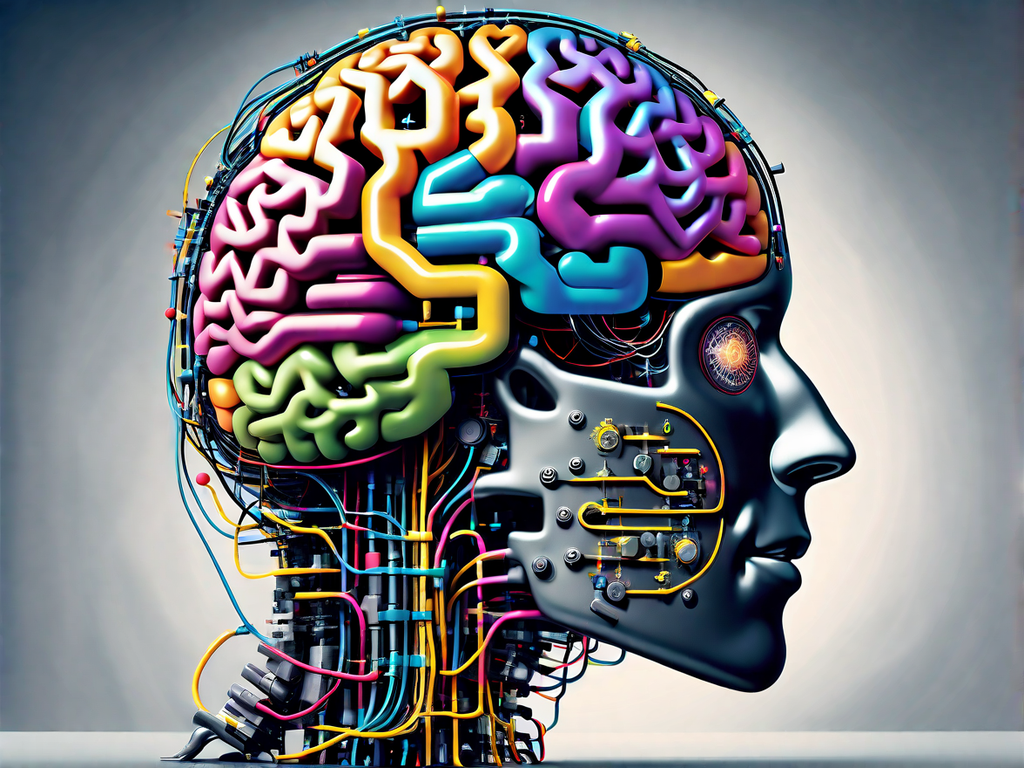Global Diplomacy in the Wake of a Pandemic: Navigating Challenges and Seizing Opportunities
In the aftermath of a global pandemic, the landscape of global diplomacy has shifted dramatically. As nations confront the challenges brought on by the COVID-19 crisis, new opportunities for international cooperation and diplomacy have also emerged. In this article, we will explore the world of global diplomacy in a post-pandemic context, offering expert insights grounded in practical experience, scientific data, extensive knowledge, and comprehensive studies. Join us as we navigate the challenges and opportunities that lie ahead on the global diplomatic stage.

The Pandemic’s Impact on Global Diplomacy
International Cooperation in Crisis
At its core, the COVID-19 pandemic emphasized the interdependence of nations in the face of global challenges. The need for international cooperation became evident, as countries worked together to secure vaccines, share information, and support one another during a time of crisis.
Vaccine Diplomacy and Health Security
The race to secure and distribute vaccines highlighted the importance of health security in global diplomacy. Vaccine diplomacy emerged as countries used vaccine distribution as a tool of soft power and international influence.
Troubles in a Post-Pandemic World
Geopolitical Tensions and Vaccine Inequity
Geopolitical tensions, exacerbated by vaccine inequity, have posed a challenge to global diplomacy. The divide between countries with access to vaccines and those without has raised questions about fairness and cooperation.
Economic Recovery and Global Inequalities
The pandemic’s economic impact has deepened global inequalities. Diplomacy must address the need for economic recovery and aid to vulnerable nations.
Opportunities for Diplomatic Advancements

Climate Diplomacy and Environmental Cooperation
The pandemic underscored the urgency of addressing environmental issues. Climate diplomacy presents an opportunity for nations to collaborate on sustainability and climate change mitigation.
Digital Diplomacy and Cybersecurity
The accelerated digital transformation during the pandemic has also highlighted the need for cybersecurity and international agreements on digital issues. Digital diplomacy can play a significant role in shaping the digital world.
Bilateral and Multilateral Diplomacy
Bilateral Agreements and Alliances
Bilateral agreements and alliances have played a crucial role in addressing specific pandemic-related challenges. Nations have engaged in partnerships to secure medical supplies and vaccines.
Multilateral Organizations and Their Role
Multilateral organizations, such as the World Health Organization (WHO) and the United Nations, continue to play a central role in coordinating global responses to health crises. The pandemic has highlighted the importance of strengthening these organizations.
The post-pandemic world presents a unique and evolving landscape for global diplomacy. While challenges persist, such as vaccine inequity and economic disparities, opportunities for diplomatic advancements are also abundant.
International cooperation and diplomacy are essential for addressing global crises and ensuring a more sustainable, equitable, and secure world. As nations continue to grapple with the lasting effects of the pandemic, the path forward lies in embracing the lessons learned during the crisis and building a more resilient and collaborative global diplomatic framework. The challenges and opportunities of this new era will shape the course of global diplomacy for years to come.













































